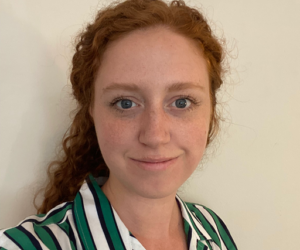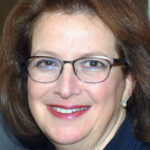 Amid the deep uncertainty over what changes Congress could make to the health care sector in the coming years, patients would benefit from having access to their own medical records.
Amid the deep uncertainty over what changes Congress could make to the health care sector in the coming years, patients would benefit from having access to their own medical records.
Insurance coverage losses, changes in insurance plans and cuts to provider networks could happen if the Affordable Care Act is repealed, repealed and replaced or is weakened because of lack of support from the Trump administration.
Today, many patients don’t have access to their own records or if they do, they have trouble downloading or sharing them. The U.S. Governmental Accountability Office (GAO) highlighted this issue in a blog post.
According to the GAO, health care providers who participated in incentive programs to adopt electronic health records (EHRs) offered medical record access to nearly 90 percent of their patients. But fewer than one-third of those patients accessed their records, per GAO data.
Typically, patients can view their health information such as lab results, appointments, doctor emails and prescriptions via an online patient portal.
“However, patients often receive access to a different portal for each provider they visit, and must manage separate login information for each one,“ the GAO wrote in the blog post. “The patients we interviewed were frustrated with the amount of time and effort it took to set up these portals, understand each portal’s user interface, and manage all the different passwords.”
Information in the portal was often inaccurate and patients weren’t sure how to correct the information. They also weren’t sure how to transfer, download or share the information.
This last point is really important in today’s political climate. The threat of coverage losses if insurers exit the health insurance exchanges – coupled with proposed rollbacks to the Medicaid program – could leave millions of Americans uninsured or with coverage disruptions. Having access to their own medical records will be even more important as they seek out new sources of care.
For more information:









